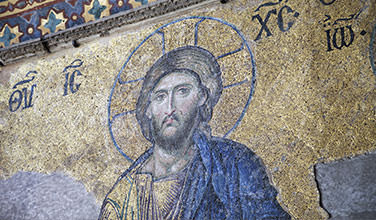I have learned that Greeks, especially those in Greece, celebrate their name day. I want to be better at celebrating people's name days, even though I am not in Greece. I am looking for suggestions on how to help people celebrate. Some of my ideas:
- Send a card
- Give a gift, such as an icon of the saint
- Take them out for dinner or have them over
- Call them to wish them a happy name day



